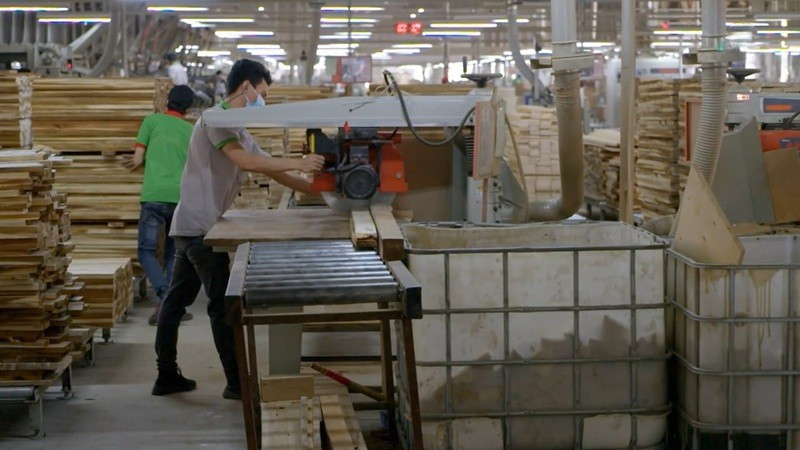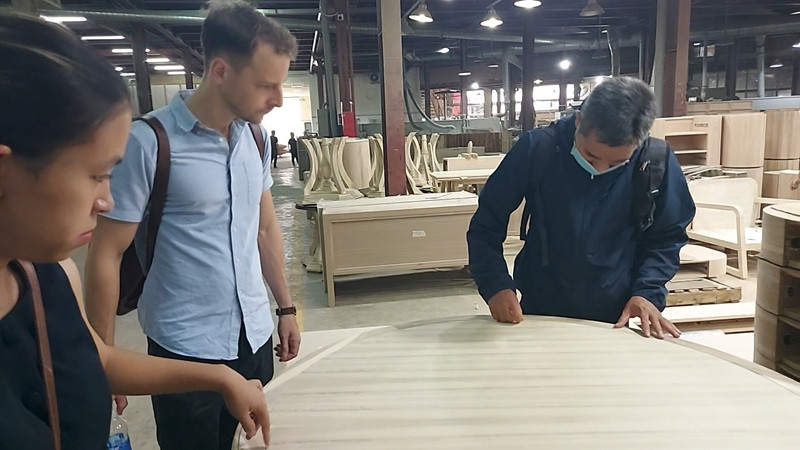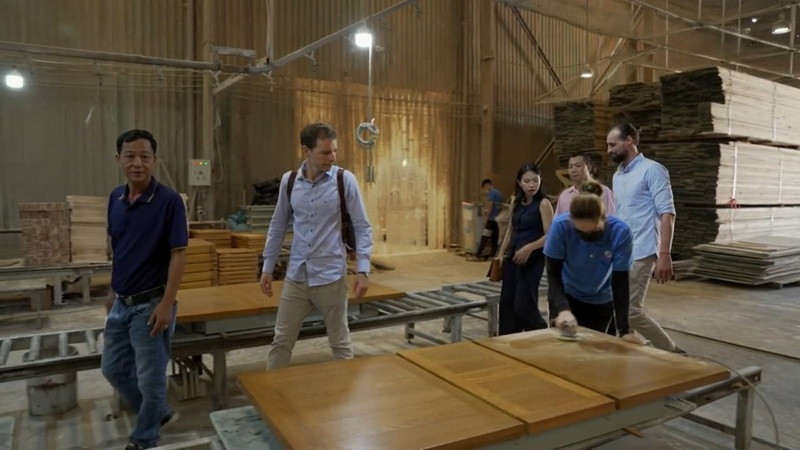Vietnam’s furniture manufacturing sector has grown into a global powerhouse, offering businesses opportunities for cost-effective, high-quality production.
However, navigating the complexities of working with Vietnamese factories requires careful planning and cultural understanding.
This article explores common mistakes to avoid, key considerations, and best practices for successful collaboration with furniture manufacturers in Vietnam.
Common Mistakes to Avoid
Underestimating Cultural Differences
Cultural nuances can significantly influence communication and the overall working relationship. Common pitfalls include:
- Indirect Communication Styles: Vietnamese culture often values politeness and indirectness, which can lead to misunderstandings if not approached thoughtfully.
- Decision-Making Delays: Hierarchical structures in factories may slow decision-making, especially if approvals from senior management are required.
- Holidays and Festivals: National holidays like Tet (Lunar New Year) can disrupt production schedules. Failing to account for these events may result in delays.
- Solution: Educate your team about Vietnamese culture and communication styles. Building rapport and showing respect for local customs fosters stronger relationships.
Ignoring Quality Control Practices
Relying solely on the factory’s internal quality control (QC) processes can lead to:
- Inconsistent Quality: Factories may not meet your specific standards unless explicitly defined and monitored.
- Production Errors: Overlooking QC checkpoints increases the risk of defects or deviations from agreed specifications.
- Solution: Implement rigorous QC protocols, including third-party inspections at key production stages and prior to shipment.
Failing to Establish Clear Timelines
Production schedules in Vietnam can be impacted by various factors, such as:
- Raw Material Delays: Local suppliers may face shortages or logistical issues.
- Overcommitted Factories: High demand can lead to extended lead times if factories are overbooked.
- Solution: Develop realistic timelines, factoring in potential delays. Include buffer periods to accommodate unexpected disruptions and clearly communicate deadlines to all parties.
Key Considerations Before Starting
Understanding Local Labor Laws
Compliance with Vietnamese labor laws is crucial for ethical and legal operations:
- Fair Wages and Benefits: Familiarize yourself with minimum wage requirements and mandatory employee benefits such as social insurance.
- Working Conditions: Ensure the factory adheres to safety standards and humane working hours.
- Anti-Child Labor Policies: Verify that the factory complies with child labor regulations and conducts regular audits.
- Tip: Partner with factories that are certified by organizations like BSCI (Business Social Compliance Initiative) or SEDEX for ethical labor practices.
Building a Local Network
A strong local network can streamline operations and mitigate risks:

- Engaging Local Agents: Sourcing agents can act as intermediaries, bridging language and cultural gaps while monitoring production processes.
- Joining Industry Associations: Organizations like the Handicraft and Wood Industry Association of Ho Chi Minh City (HAWA) provide valuable resources and connections.
- Consulting Experts: Hiring consultants familiar with the Vietnamese market can help navigate regulatory requirements and identify reliable partners.
Understanding Cost Structures
Vietnam’s competitive pricing can be affected by factors such as:
- Material Costs: Prices for wood, fabric, and other materials may fluctuate based on global supply and demand.
- Labor Rates: While labor is relatively affordable, wages are gradually increasing in Vietnam, impacting overall costs.
- Logistics and Shipping: Ensure you account for rising freight costs, especially for international shipping.
Best Practices for Successful Collaboration
Setting Clear Expectations
Detailed communication of expectations minimizes misunderstandings and aligns goals:
- Product Specifications: Provide comprehensive details, including design files, material samples, and finish standards.
- Delivery Timelines: Clearly outline production milestones and final shipment deadlines.
- Contractual Agreements: Establish formal contracts specifying terms like quality benchmarks, payment schedules, and dispute resolution processes.
Maintaining Open Communication
Transparent communication builds trust and ensures smooth operations:
- Regular Updates: Schedule weekly or bi-weekly updates with the factory to discuss progress and address issues.
- Digital Collaboration Tools: Use tools like Slack, WhatsApp, or Trello for real-time communication and project tracking.
- Multilingual Teams: If possible, hire bilingual staff or interpreters to bridge language barriers and avoid miscommunication.
Conducting Regular Factory Visits
On-site visits are invaluable for maintaining quality and strengthening relationships:

- Progress Monitoring: Inspect production lines to ensure adherence to agreed-upon processes.
- Real-Time Adjustments: Provide immediate feedback to address issues before they escalate.
- Relationship Building: Face-to-face interactions demonstrate commitment and foster trust with factory management and workers.
Prioritizing Ethical and Sustainable Practices
Ethical practices not only protect your brand but also support long-term partnerships:
- Sustainable Materials: Opt for factories that source certified sustainable materials like FSC-certified wood.
- Waste Management: Ensure the factory has proper waste disposal systems to minimize environmental impact.
- Social Responsibility: Partner with manufacturers who invest in employee welfare, such as training programs and community initiatives.
Partnering with a Vietnamese furniture factory offers immense opportunities for businesses looking to scale production while maintaining cost efficiency. However, success hinges on careful planning, cultural understanding, and proactive management.
By avoiding common mistakes, building strong local networks, and adhering to best practices, businesses can create mutually beneficial relationships with Vietnamese manufacturers and achieve long-term success in this dynamic market.



